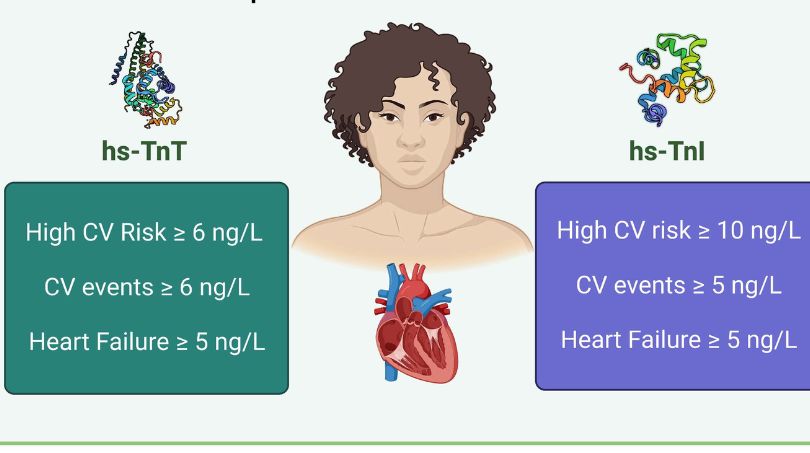Best Exercises to Increase Height
04 May 2024The overall personality of an individual depends upon lots of things. One…
read moreThe troponin test is a blood test used to measure the levels of troponin proteins in the bloodstream. Troponin is a group of proteins found in cardiac and skeletal muscles, with cardiac troponin being specific to the heart. The test is primarily used to diagnose and assess heart conditions, particularly heart attack.
During a heart attack, the heart muscle is deprived of oxygen, leading to damage and the release of troponin into the bloodstream. The troponin test detects these elevated levels of troponin, indicating heart muscle injury. It is considered the gold standard for diagnosing heart attacks because it is highly sensitive and specific.
In addition to diagnosing heart attacks, the troponin test is also used to monitor patients with known heart conditions, evaluate chest pain, and assess the effectiveness of treatments. It is a valuable tool in guiding medical decisions, such as determining the need for interventions like angioplasty or clot-dissolving medications
Consider reading: Double Marker Test
The troponin test is used in various clinical scenarios to diagnose and monitor heart conditions, primarily acute myocardial infarction (AMI) or heart attack.
Here are some situations when and why the troponin test is commonly used:
The troponin test is typically performed in emergency departments and cardiac care units when a heart attack is suspected. It involves drawing a blood sample from a vein in the arm and sending it to a laboratory for analysis. The results are usually available within a few hours.
Here are few steps that are carried out by the department to conduct the test:

Note: It’s important to note that specific protocols may vary slightly depending on the healthcare facility and laboratory practices. Additionally, it is crucial to follow proper safety and hygiene procedures during blood sample collection to minimize the risk of infection or other complications.
The normal range of troponin levels can vary slightly depending on the specific method used by the laboratory conducting the test.
Troponin levels are typically reported as either troponin I (TnI) or troponin T (TnT). Here are the approximate normal reference ranges for troponin levels:
Note: Reference ranges may differ for specific populations, such as children, older adults, or individuals with certain medical conditions.
Elevated troponin levels above the normal range can indicate heart muscle damage or a heart attack, while levels within the normal range do not necessarily rule out heart-related issues, as some conditions may still be present.
Troponin test reports may also include additional details, such as:
Note: It’s important to remember that the interpretation of troponin test results should be done by a qualified healthcare professional who can take into account the specific clinical context and other relevant factors. They will provide a comprehensive assessment and guide appropriate medical management based on the troponin levels and the individual’s overall condition.
To book a Troponin test, you can look for a laboratory nearby your house or can directly consult your healthcare provider. You can also check the availability of hospitals and laboratories online and schedule an appointment accordingly. Some facilities also offer walk-in services, but it’s generally recommended to schedule an appointment to minimize wait times.
A blood sample is needed.
No special steps are needed, you may need to be empty-stomach before the test. Your healthcare will guide you accordingly.
You may feel slight pain or a sting when the needle is inserted. You may also feel some throbbing at the site after the blood is drawn.
With over 5000 doctors and experts in the healthcare field medical directory provides a listing of all doctors across a wide variety if medical fields
The overall personality of an individual depends upon lots of things. One…
read moreआज हर दूसरा व्यक्ति अपने विकास को लेकर चिंतित है फिर वह…
read moreBhumi amla is a very useful plant that is used for many…
read moreआज के इस लेख में हम आपको एक इंजेक्शन के बारे में…
read more
© Copyright 2024 PlanMyMedical. All rights reserved.
Comments (0)